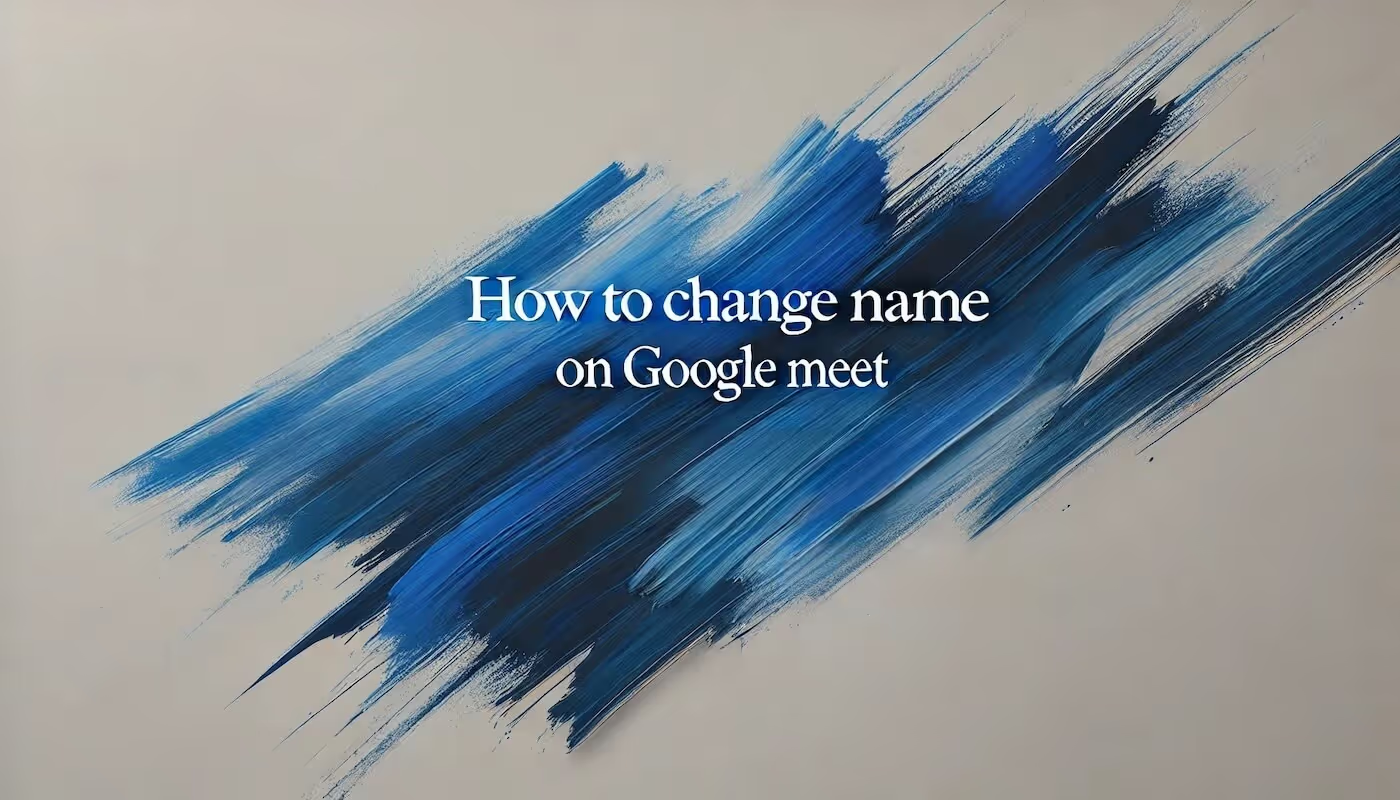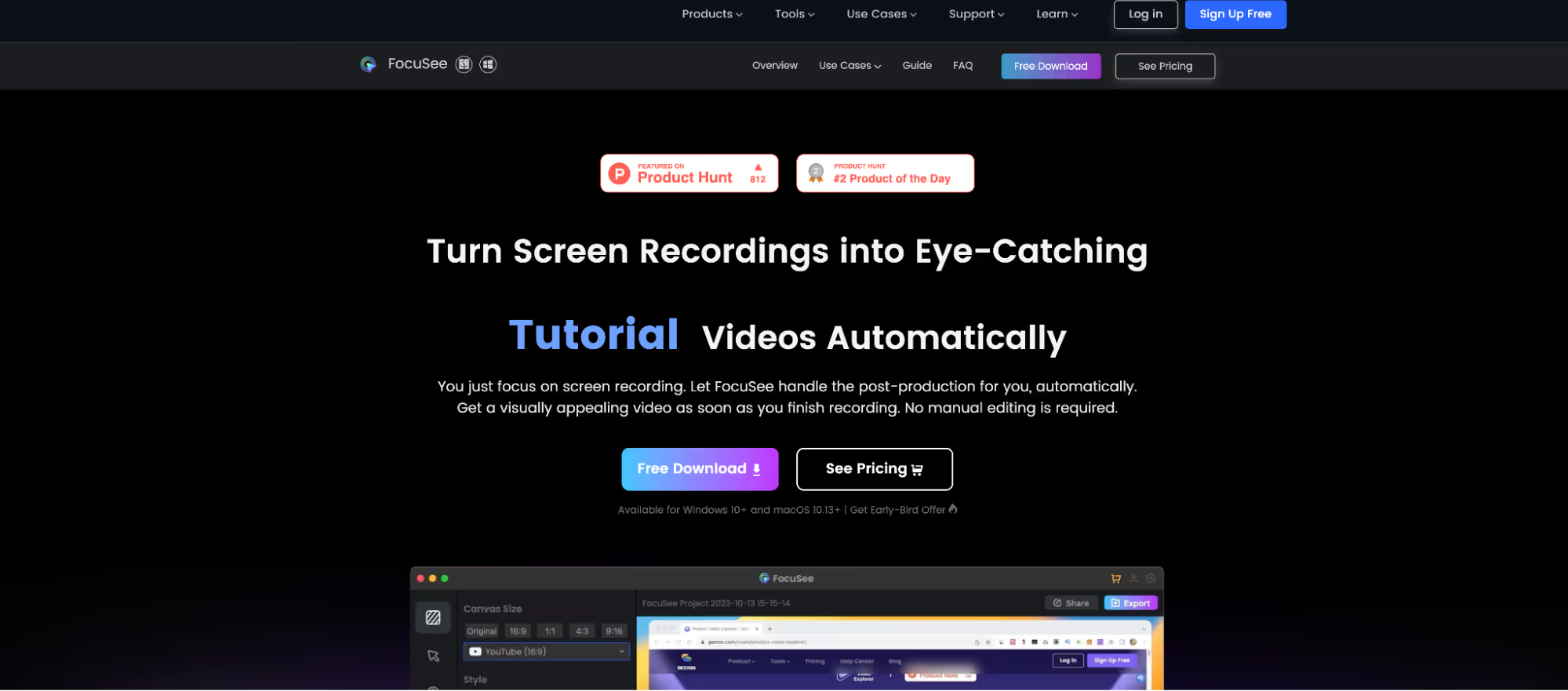
Unblocking Remote Collaboration: 2024 Insights for Better Distributed Work (+ Survey)
In 2023, Bubbles conducted a survey of remote workers to better understand how teams are impacted by the “tools” they use. Many of the results are surprising.
A survey of 591 remote workers conducted in 2023 by asynchronous collaboration platform Bubbles found that remote workers face many challenges that prevent them from achieving their full potential but remain confident in their abilities. Today, we examine this survey, combining our findings with our recent experiences and insights from the world of remote work. Why are we doing this? Well, we pioneer remote collaboration at Bubbles, so we want those joining us to be fully armed with the opinions of remote workers, and knowledge for how to improve in 2024.
The vast majority are proud of their work but face numerous challenges that remain unresolved. Specifically, remote workers are struggling with:
1. Time zone differences that require them to work longer hours
2. Unresponsive colleagues that make it difficult to complete their work on time
3. Unrealistic timelines that fail to set them up for success
4. Too many unnecessary meetings that could have been an email
5. Feeling like their input is overlooked or ignored
Despite these challenges, however, many report strong overall work quality. Furthermore, while they’re no fan of virtual meetings, and often get distracted by other work responsibilities, they do feel as though managers are proactive in following up with well-defined next steps.
Remote Workers Remain Confident in their Output
A vast majority of remote workers are confident in their contributions, with a third suggesting their team does “excellent” work, and another 57% ranking the quality of their efforts as “good.”

Only 10% say their work quality is “just okay” or “poor.” When quality is waning, a majority (61%) believe they have not been set up to succeed by others, while the remaining 39% admit to being the primary cause of unsatisfactory work.

Why Remote Workers Sometimes Miss the Mark
When they do fail to achieve targets or meet deadlines most point to external factors as the primary cause.
Specifically, the most frequently cited impediment to meeting work deadlines is unrealistic timelines, with almost half (46.5%) suggesting it’s the primary reason for work delays. Furthermore, more than a third also struggle with changing business priorities, mixed messages or unclear instructions, and not receiving the input they need to complete projects on time.

While some blame the pandemic for a decline in work quality, most somewhat or strongly disagree with the charge that they would perform better if not for COVID.

Remote Workers Often Feel Like They’re Left Hanging
Remote workers often rely on colleagues and team members to complete certain aspects of their work, but often struggle to receive feedback and vital information in a timely manner. In fact, a majority (54%) say they need to nudge their colleagues multiple times to get them to complete a task that they rely on. Furthermore, 15% say they need to bug their colleagues four times or more before they receive information or contributions that will enable them to move forward with their own work.


Not only do remote workers frequently feel held up by colleagues, but they also often feel like they’re not being heard by their team members. Specifically, the majority (63%) of respondents feel their input gets lost in a sea of remote collaboration tools at least some of the time, with 18% saying that it happens often. Only 13% feel like their contributions are never overlooked or forgotten.

Remote Workers Struggle With Time Zone Differences

Working in a remote environment typically requires collaborating with colleagues or clients in other parts of the world, but working across time zones comes with its own challenges.
Almost half of remote workers say they work with someone who lives in a time zone that is at least three hours away, or are unsure, while 53% say all their colleagues work within the nearest time zones.

As a result, many are frequently required to work longer hours to collaborate in real time with those in other parts of the world, with 29% doing so daily, and about a third doing so weekly. Only about a quarter of remote workers say they only add extra time to their workday to accommodate colleagues based in other time zones on an annual basis or less.
Remote Meetings Are Often Inefficient, But Follow-Ups Are Appreciated
Meetings aren’t exactly loved and appreciated by those who work in a centralized setting, but the survey suggests that remote workers have even less interest in spending their time in meetings. In fact, nearly half (47%) admit to wandering over to different tabs during video calls, and 21% do so often. Only 12% say they always remain focussed on the video calls they participate in.

Those that give in to distraction most frequently conduct other work or respond to emails during video calls, and about 30% also admit to scrolling social media, responding to instant messages, or reading the news while remote meetings are ongoing.
Remote workers believe that meetings could be replaced with an asynchronous alternative, such as email, instant message, or video message. In fact, more than a third (36%) “strongly agree” that their meetings could be converted to an asynchronous format, and another 45% “somewhat agree.” Only 19% believe meetings should not be exchanged for an asynchronous alternative.

While remote workers admit to not giving remote meetings their full concentration, they also don’t feel like they’re the worst offenders, as 58% say they remain more focussed in virtual meetings then their teammates.


At the same time remote workers often find high value in post-meeting follow ups. In fact, a majority somewhat or strongly agree that meetings conclude with clearly defined next steps and are largely satisfied with their managers’ ability to conduct, organize, and follow up on meetings effectively.


Download full survey PDF for Unblocking Remote Collaboration. By Outlier Partners. Start unblocking your own remote collaboration today by using Bubbles.
Make your
meetings matter
Loved and trusted by 100,000+ users:
- Automatically Record and Transcribe Meetings
- Extremely Accurate Notes, Summaries, and Action Items powered by AI
- Works with Zoom, Google Meet, and Microsoft Teams
- Save time and follow-up with quick async videos
Simply connect your work Google or Microsoft Calendar to get started.
Collaborate better with your team
Get your point across using screen, video, and audio messages. Bubbles is free, and offers unlimited recordings with a click of a button.
.png)
Collaborate better with your team
Get your point across using screen, video, and audio messages. Bubbles is free, and offers unlimited recordings with a click of a button.
.png)











.avif)